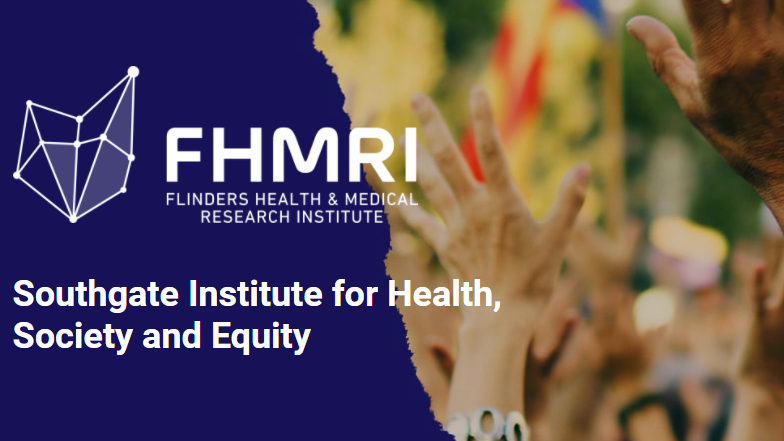In an unforeseen move on Monday, 25 October, Flinders University in Adelaide announced it would shut down the world-renowned Southgate Institute for Health, Society, and Equity as part of a restructuring process they are undertaking. Their decision sparked reactions all around the world, with public health activists and scholars describing it as “unbelievable”, “bizarre” and “seriously stupid,” especially in the context of a global pandemic.
Under the leadership of the Institute’s director, Dr. Fran Baum, Southgate has produced important research on social determinants of health that has helped create evidence-based health policy, which aims to create a fair society. Baum herself is a health activist recognized for the role she continues to play in the work of the People’s Health Movement (PHM), as well as for her academic work. Over the years, she has been a member of the World Health Organization (WHO) Commission on Social Determinants of Health during the 2008 reporting phase, the Lancet Commission on Gender and Health, and the WHO Advisory Committee for the 2023 World Health Report.
Since Baum’s name is associated with quality research on health equity in the whole world, Flinders’ decision has left many confused, including Ronald Labonté, a fellow PHM activist and Research Chair in Globalization and Health Equity at the University of Ottawa, who has resigned his affiliation with Flinders saying that he can no longer regard it as “an ethical and socially responsible upstart representing the best of modern, humane, and engaged academic scholarship.”
Similarly, Dr Jocalyn Clark, Executive Editor of The Lancet and editor of The Lancet Commission on Gender and Global Health, wrote to Flinders administration and underlined the importance of Baum’s work in a global context. Clark said: “There would be no Lancet Commission on this topic without the expertise of Fran, whose world leading reputation in advancing the social sciences in health is second only to her leadership and personal qualities that inspire and motivate her colleagues. Her work on the People’s Health Movement has been particularly impactful in holding government and institutional decision makers to account, and is a civil society movement any university should be proud to be associated with.”
Meanwhile, the university administration has issued a statement saying that the closure of the Southgate Institute is taking place as part of a wider restructuring process, whose end results should be a reformed Population Health course and more positions for academics identifying as Aboriginal or Torres Strait Islander. It remains unclear, though, why supporting Aboriginal and Torres Strait Islander should go hand in hand with the extinguishing of such an important institution. The explanation offered by the university administration is especially confusing since scholars at Southgate have been working together with Aboriginal communities for years, ensuring that their health is accounted for in public health policy.
Closing down Southgate will also have financial implications for Flinders University, as last month Baum received a National Health and Medical Research Council grant worth more than 2 million AUD. In a statement issued after the announcement of the grant, Baum said the money meant that the team at Southgate could “continue to research the policies that are most likely to create a more equal society.”
After recent developments, however, the same research team faces employment insecurity. According to Baum, the situation is most stressful for the early career researchers among them, who happen to be mostly women. The effects of the closure of Southgate will be felt by students too: 15 PhD students supervised by Prof Paul Ward are now unsure what will happen with their studies, and the uncertainty will spill over to others too.
Terry Slevin, CEO Adjunct Professor at the Public Health Association of Australia (PHAA), stressed in their statement that: “Australia is desperately in need of growing the public health workforce, trained to the highest standards, with an understanding of the dynamics that drive disadvantage and the health impact of inequity.” The decision to close down a leading research in the field, in the middle of a pandemic no less, remains difficult to understand.
Read more articles from the latest edition of the People’s Health Dispatch and subscribe to the newsletter here.





